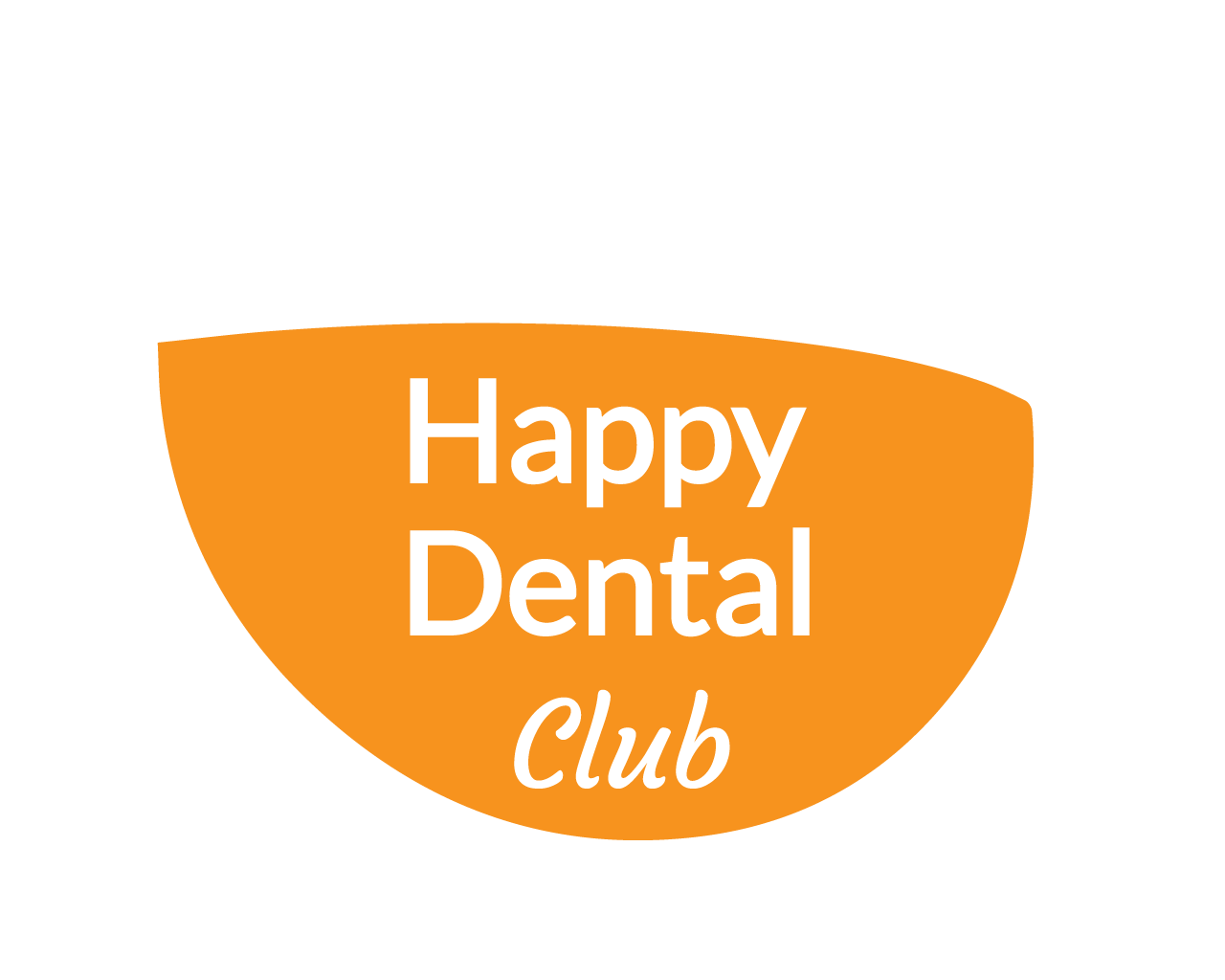Tips to Eat Better, Chew Better, Replace Missing Teeth, Fix Broken Dentures, and More
Eat Better: How to Improve Your Dental Health and Well-being
Good dental health is important for overall well-being. Proper dental hygiene can prevent dental problems such as tooth decay, gum disease, and bad breath. This article will discuss various ways to improve your dental health and feel better.
Eat Better
Eating a balanced diet that’s rich in vitamins and minerals is important for strong teeth and healthy gums. Here are some frequently asked questions and answers:
How does my diet affect my dental health?
A poor diet lacking in essential nutrients can lead to dental problems such as tooth decay and gum disease. Eating foods rich in calcium, phosphorus, and vitamin D can strengthen teeth and promote good oral health.
What foods are good for my dental health?
Foods rich in calcium, phosphorus, vitamin D, and fluoride are good for dental health. Examples include dairy products, leafy greens, lean proteins, and fluoridated water.
Can poor diet cause gum disease?
Yes, a diet high in sugar and carbohydrates can contribute to gum disease by feeding harmful bacteria in the mouth.
Are sugary foods bad for my teeth?
Yes, sugary foods can cause tooth decay by feeding harmful bacteria in the mouth. Eating sugary foods in moderation and practicing good oral hygiene can help prevent tooth decay.
How can I improve my diet for better dental health?
You can improve your diet for better dental health by eating a balanced diet that includes plenty of fruits and vegetables, lean proteins, and low-fat dairy products. Limit sugary foods and drinks and avoid snacking between meals.
Chew Better
Proper chewing is important for digestion and overall dental health. Here are some frequently asked questions and answers:
Why is proper chewing important?
Proper chewing breaks down food into smaller particles, making it easier to digest and absorb nutrients. It also promotes good oral health by stimulating saliva production and preventing tooth decay.
What happens if I don’t chew properly?
If you don’t chew properly, it can lead to indigestion and dental problems such as tooth decay and gum disease.
How can I improve my chewing habits?
You can improve your chewing habits by eating slowly, chewing food thoroughly before swallowing, and avoiding large bites.
Can poor chewing lead to dental problems?
Yes, poor chewing can contribute to dental problems such as tooth decay and gum disease by allowing food particles to remain in the mouth for longer periods of time.
What are the benefits of proper chewing?
Proper chewing can promote good oral health, aid digestion, and reduce the risk of dental problems.
Replace My Missing Teeth
Missing teeth can have a negative impact on self-esteem and oral health. Here are some frequently asked questions and answers:
What options are available for replacing missing teeth?
Options for replacing missing teeth include dentures, bridges, and implants.
What are the advantages and disadvantages of each option?
Dentures are removable and less expensive, but can be uncomfortable and require frequent adjustments. Bridges are fixed and more comfortable, but can damage surrounding teeth. Implants are long-lasting and look and feel like natural teeth, but can be costly and require surgery.
How do I care for dentures, bridges, or implants?
Care instructions vary depending on the type of replacement. Dentures should be cleaned daily and soaked overnight. Bridges should be brushed and flossed regularly. Implants should be brushed and flossed like natural teeth.
Is it necessary to replace missing teeth?
Yes, it is necessary to replace missing teeth to prevent dental problems such as gum disease, tooth decay, and bone loss.
Can missing teeth cause further dental problems?
Yes, missing teeth can cause other teeth to shift and lead to a misaligned bite, which can cause dental problems such as jaw pain and headaches.
Fix or Replace My Broken Denture
Broken dentures can be uncomfortable and affect daily life. Here are some frequently asked questions and answers:
What causes denture damage?
Denture damage can be caused by dropping them or biting down on hard foods.
Should I repair or replace my broken denture?
Whether to repair or replace a broken denture depends on the extent of the damage. A minor crack or chip can often be repaired, while extensive damage may require replacement.
How can I avoid damaging my dentures?
You can avoid damaging your dentures by removing them before sleeping and cleaning them regularly with a soft-bristled brush and denture cleaner.
Can broken dentures cause other dental problems?
Yes, broken dentures can cause other dental problems such as gum irritation, mouth sores, and difficulty eating
How often should I replace my dentures?
Dentures typically last 5-7 years, but may need to be replaced sooner if they are damaged or no longer fit properly.
Fix All My Teeth
Restorative dental procedures can improve the appearance and health of damaged or decayed teeth. Here are some frequently asked questions and answers:
What restorative options are available for damaged teeth?
Restorative options for damaged teeth include fillings, crowns, and veneers.
How do I know if my tooth needs restoration?
Your dentist can determine if your tooth needs restoration through a dental exam and x-rays.
What are the benefits of restoring damaged teeth?
Restoring damaged teeth can prevent further decay and improve the appearance and function of the teeth.
Is it possible to restore all of my teeth?
Yes, it is possible to restore all of your teeth through full mouth reconstruction.
How do I care for restored teeth?
You can care for restored teeth by practicing good oral hygiene, such as brushing and flossing regularly, and avoiding chewing on hard objects.
Conclusion
Maintaining good dental health is important for overall well-being. Eating a balanced diet, proper chewing habits, replacing missing teeth, fixing broken dentures, restoring damaged teeth, and caring for gums can all help improve dental health. Consult with a dentist for more information on how to improve your dental health and feel better.

